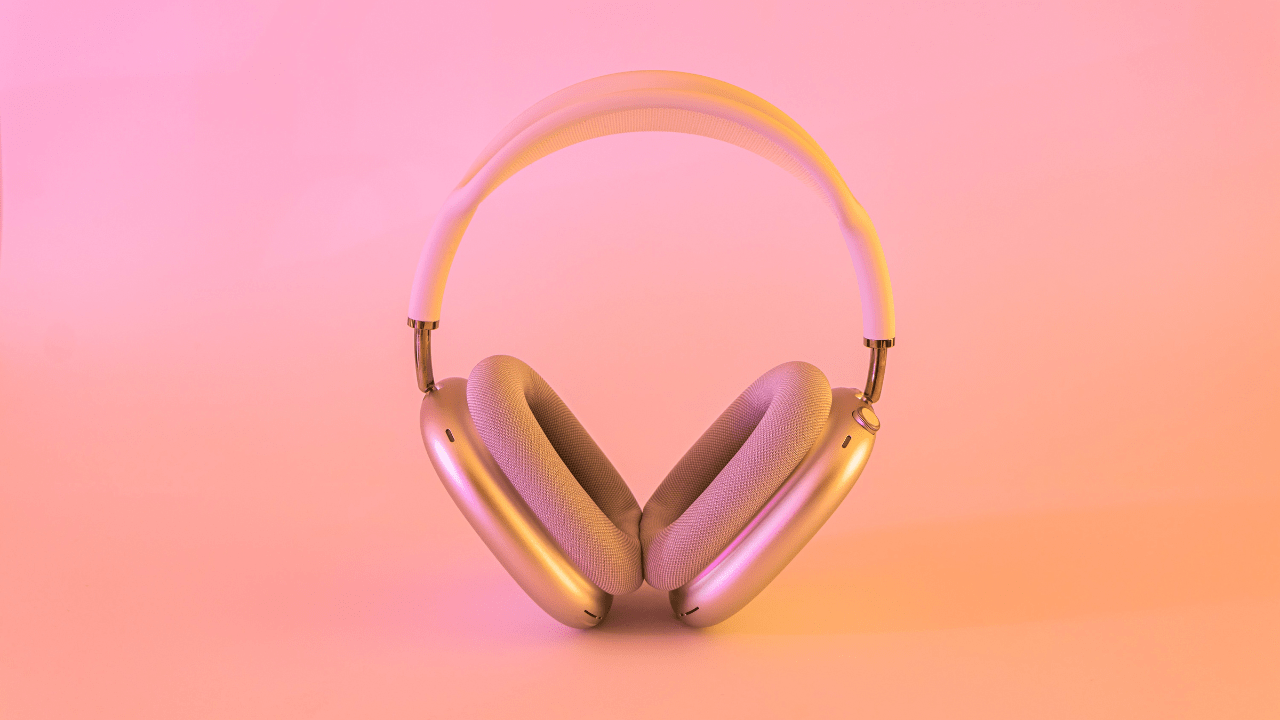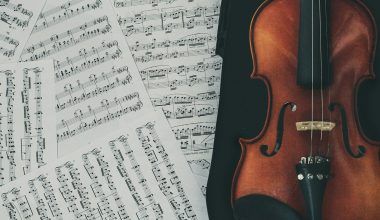What is a Lyric Transcriber?
If you’ve ever tried to jot down lyrics while listening to a song, you know how challenging it can be. A lyric transcriber is someone who specializes in converting song lyrics from audio into written form. This could be for personal use, professional projects, or even to create subtitles for videos. Lyric transcription might sound simple, but it’s a skill that combines patience, attention to detail, and a love for music.
In this guide, we’ll dive into the world of lyric transcription and help you master it like a pro. Whether you’re a beginner or someone looking to refine your skills, this blog has everything you need.
Why Lyric Transcription Matters
When you transcribe lyrics accurately, it benefits a wide range of people. Musicians need accurate transcriptions for sheet music or karaoke. Subtitlers rely on clean lyrics for videos. Even fans appreciate it when they can follow along with a song’s words.
If you’re thinking of becoming a professional lyric transcriber, you’re in demand! The rise of streaming platforms, lyric-sharing sites, and global accessibility means this skill is more relevant than ever.
The Skills You Need to Be a Successful Lyric Transcriber
Becoming a lyric transcriber isn’t just about having a good ear. Here are the essential skills to hone:
- Listening Skills: You’ll often deal with songs where lyrics are mumbled, sung quickly, or buried under heavy instrumentals.
- Typing Speed and Accuracy: Transcription is time-sensitive, so the faster and more accurately you type, the better.
- Attention to Detail: Missed words or incorrect phrases can change the entire meaning of a song.
- Patience: Rewinding the same section of a song 20 times might sound tedious, but it’s part of the job.
- Cultural Awareness: Lyrics often include idioms, slang, or phrases specific to a language or region.
Tools and Software for Lyric Transcription
Gone are the days of hitting the rewind button on a tape recorder. Today, lyric transcribers have access to incredible tools to make their job easier:
- Audio Players with Looping: Tools like VLC Media Player allow you to loop specific parts of a song for better accuracy.
- Speech-to-Text Tools: While not perfect for songs, they can provide a rough draft.
- Noise-Cancellation Software: Programs like Audacity help remove background noise.
- Transcription Platforms: Websites like Transcribe or oTranscribe let you type as you listen.
Step-by-Step Guide to Transcribing Lyrics
- Choose the Right Song: Start with songs that have clear vocals if you’re a beginner. Gradually move to more complex pieces.
- Set Up Your Workspace: Use good headphones and a quiet space to avoid distractions.
- Listen to the Entire Song: Before transcribing, play the song a couple of times to understand its structure and rhythm.
- Break the Song into Sections: Work on one verse or chorus at a time.
- Type What You Hear: Don’t worry about perfection on the first go. Focus on capturing what you hear.
- Rewind and Double-Check: Go back and ensure every word is accurate.
- Format the Lyrics: Add line breaks, punctuation, and any necessary notes about pauses or ad-libs.
Overcoming Common Challenges in Lyric Transcription
1. Understanding Fast or Mumbled Lyrics
Solution: Slow down the audio using transcription tools. You can also search online for lyric hints or ask for help in forums.
2. Dealing with Noisy Backgrounds
Solution: Use noise-cancellation software to isolate vocals.
3. Recognizing Slang or Foreign Words
Solution: Research unfamiliar terms. Platforms like Genius Lyrics often have annotations explaining lyrics.
4. Avoiding Burnout
Solution: Take breaks, especially when working on longer songs or complex pieces.
Tips for Faster Lyric Transcription
- Use Keyboard Shortcuts: Learn shortcuts for pausing, rewinding, and fast-forwarding.
- Leverage Partial Automation: Use AI tools to draft lyrics, then refine manually.
- Build a Personal Glossary: Keep track of commonly misheard words or phrases.
Earning as a Professional Lyric Transcriber
Yes, you can make money as a lyric transcriber! Here’s how:
- Freelancing: Platforms like Fiverr and Upwork often have lyric transcription gigs.
- Working with Musicians: Offer your services to independent artists.
- Collaborating with Subtitling Companies: Many need transcribers for music videos and performances.
Growing Your Career as a Lyric Transcriber
The more you transcribe, the better you’ll get. But here’s how to take your skills to the next level:
- Practice with Different Genres: Challenge yourself with rap, heavy metal, or opera.
- Learn Music Theory: Understanding music structures helps with transcription.
- Network in the Industry: Join forums, attend music events, and connect with professionals.
Conclusion: Why You Should Start Today
Becoming a lyric transcriber isn’t just a hobby; it can turn into a fulfilling career. With the right tools, patience, and love for music, you can excel in this field. So, pick a song, grab your headphones, and start transcribing!
Whether you’re doing it for fun, work, or to connect with your favorite songs, the art of lyric transcription is truly rewarding.
For further reading, explore these related articles:
- Unpacking the Magic of Taylor Swift’s Midnight Lyrics
- Oscar Best Song: A Journey Through Timeless Melodies
For additional resources on music marketing and distribution, visit DMT Records Pvt. Ltd..






